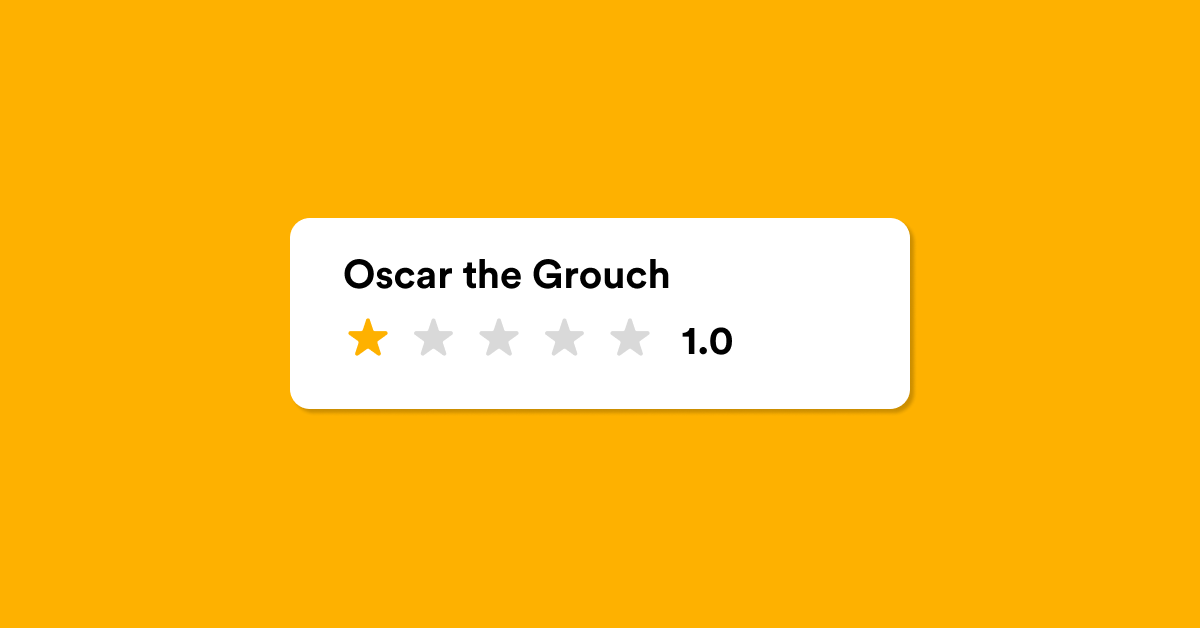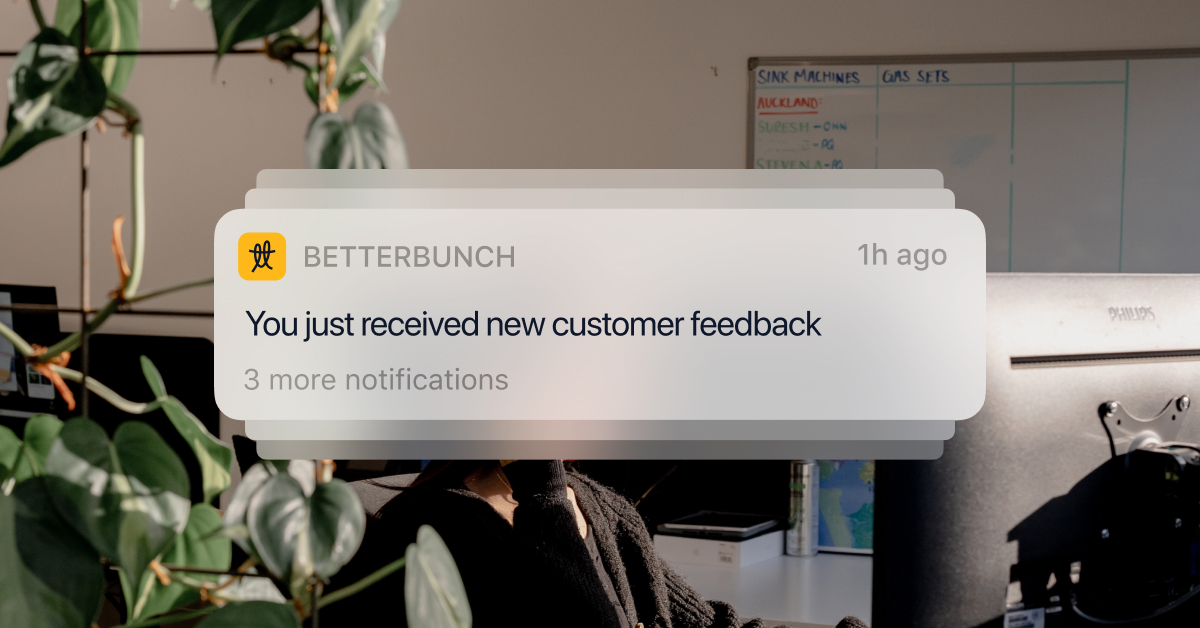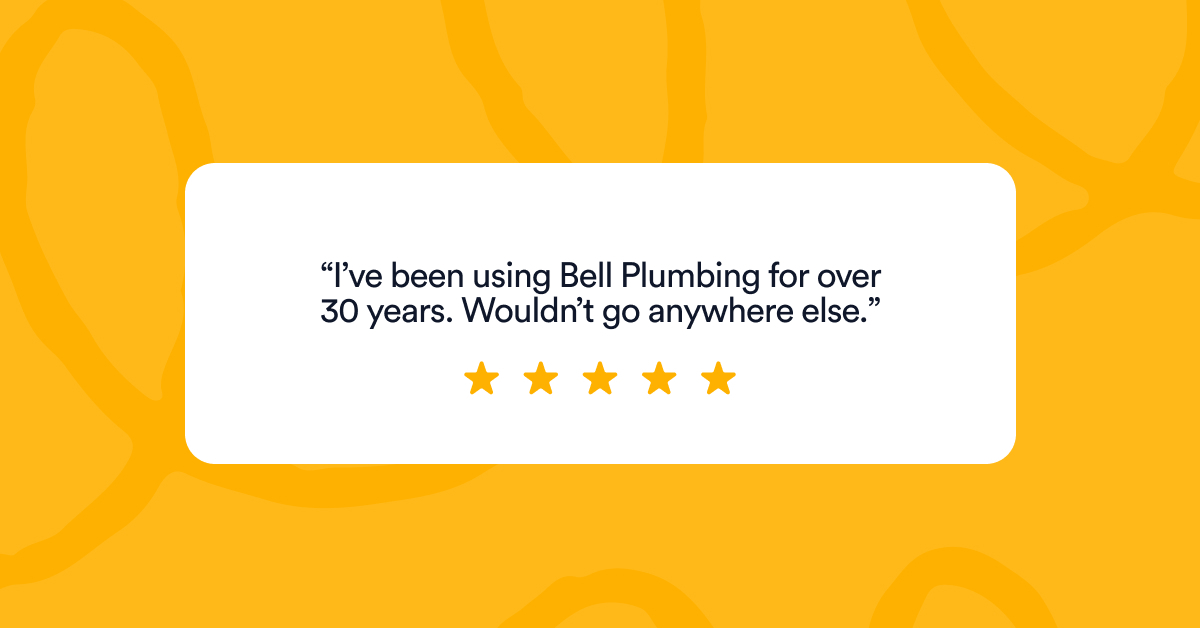The world of advertising has always been subject to rapid change, but doesn’t it feel like things are on hyperdrive at the moment? Gone are the days when you could just place an ad in the right media outlet and rely on the calls to flow in.
Now you need to be online, offline, local and everywhere all at the same time, right?
Well, not exactly.
However, it is worth remembering that today’s customer journeys are becoming increasingly complex. More is demanded of businesses than ever before, and people are seemingly less trusting of what you say about yourself and more interested in what others have to say about you.
Building up a strong base of social proof is something that can help make your business the easy first choice for customers when it comes to deciding where to spend their hard-earned money.
So, what is social proof?
Social proof is a social and psychological phenomenon in which “people copy the actions of others in choosing how to behave in a given situation. “
Basically, it’s how the actions/opinions of others who might have more experience or knowledge help to nurture and encourage the purchase decision. It’s a bit like the “peer-pressure” effect, but a touch more sophisticated.
Its power is magnified when choice is abundant or when buying something we don’t know a lot about.
Social proof is tremendously powerful when used online.
Different types of social proof (and how to use them)
The different forms of social proof are known as ‘marketing touch points,’ and they can help guide your potential customer to take the desired action, which is usually making a purchase, booking a call, or choosing to walk through your front door rather than the competition across the street.
These touch points exist broadly across advertising, sponsorship, and direct sales, as well as websites and everything else you’re doing online.
They're the kind of thing that, once you’re aware of them, you can’t ignore.
In an ideal world, each social proof ‘touchpoint’ helps that potential customer to solidify their decision. What social proof does, importantly, is show your potential customer how other people feel about their experience, building that all-important sense of trust.
Advertising can’t do that. Nor can directory listings.
Now, let’s look at some of the main forms of social proof that exist in the world today.
Expert proof
Exactly as the name suggests, this is when an expert or trusted leader publicly approves of your product or service. Online, this might be through a testimonial or blog mention or perhaps a social media post.
Offline, expert proof can look like stickers on products or media coverage. Expert proof is particularly useful in industries where customers need more reassurance or where there’s a high ticket price associated with the product they’re considering.
Celebrity/influencer proof
Celebrity proof (or influencer marketing) is practically impossible to switch off from now. It’s everywhere!
A celebrity endorsement is a powerful way to reach an audience on social media. It’s most common for products and less common for services. More often than not, the celebrity endorsement is paid for—but if it's clear the post isn’t part of a paid deal, it’s even more powerful in the mind of your consumer.
Crowd confirmation
Crowd confirmation, like expert proof, is especially effective in areas where your potential customers don’t have a ton of specialist knowledge and need to seek reassurance from other buyers to build their confidence around the product or service.
Crowd proof is also linked to the phenomenon of FOMO (Fear Of Missing Out). In other words, “Everyone else is buying it, so if I choose something else, it might not be as good.”
Friend trust
Easily the most powerful type of proof, personal recommendations are tricky to come by but absolute gold when you can get them. If a friend publicly recommends something, either in-person or on social media, research shows that you’re far more likely to trust that recommendation than that of a stranger.
81% of people say that posts from friends have a direct influence on their purchase decisions. Depending on your product or service, you may be able to encourage or incentivise people to recommend you to their friends.
User proof
User proof is the domain of online reviews and testimonials. Statistics suggest that 66% of people place their faith in online reviews.
Which would you prefer—the company with one average review from three years ago or the one with 64 great, recent ones?
The other thing about online reviews is that they also increase the trust that Google has in your company. Basically, it likes you more and will help you to show up higher on the search engine results page (SERP).
So, people searching for information about your product or service category will easily see the social proof about your business, setting up a lovely positive feedback loop.
Case study: Social proof in action
Let’s say you're buying a bottle of wine for a special dinner with friends.
Your friends have asked you to bring a wine variety you’re not familiar with. You have time to look online for wine reviews and find one that everyone seems to love. You decide to buy it from your local wine shop (which also happens to have some great online reviews).
See how those two sets of reviews immediately build your confidence around the product and the place you’re buying it from? Beautiful.
But when you get to the shop, the wine you want is out of stock. Argh! What will you do?
You could ask the retailer to suggest one. But they’re busy with another customer and you’re in a rush. On the shelf, you see one wine of the right type that’s fully stocked and another with just two bottles left. Chances are, you’ll grab the one that’s almost sold out. If everyone else is buying it, it’s probably better, right?
That’s social proof, again. We’re basing our decisions on social proof all day, every day!
So, which type of social proof works best?
Naturally, depending on your industry, price point and brand, different types of social proof will be a better fit for you.
A fitness or wellness product might be well-served by a celebrity endorsement. An appliance repair company could find their presence enhanced through a mention in a fix-it column in the local newspaper or website.
Positive Google reviews are likely the most far-reaching form of social proof, and they’ll benefit both the consumer and the business being reviewed.
Let’s revisit that bottle of wine you bought earlier:
As you go to pay, you notice it also has a sticker showing it won a prize at a wine show. One type of social proof (expert) has led to another (crowd). So in total, three types of social proof have influenced your purchase decision—user, crowd and expert. And let’s not forget your friend, who suggested which variety of wine to buy!
It’s powerful stuff. And that’s because it has a cumulative effect: one type can lead to another, leading to a wonderful snowball effect—that you haven’t had to pay for!
By the same token, online reviews and the way they can protect your overall rating are further proof of this. One negative review simply gets lost in the sea of positive ones.
In a nutshell...
Social proof is the evidence or proof that potential customers look for to confirm that other customers have had a good experience with your service or product.
Based on this evidence, potential customers will weigh up the likelihood that they will have a good experience, too.



